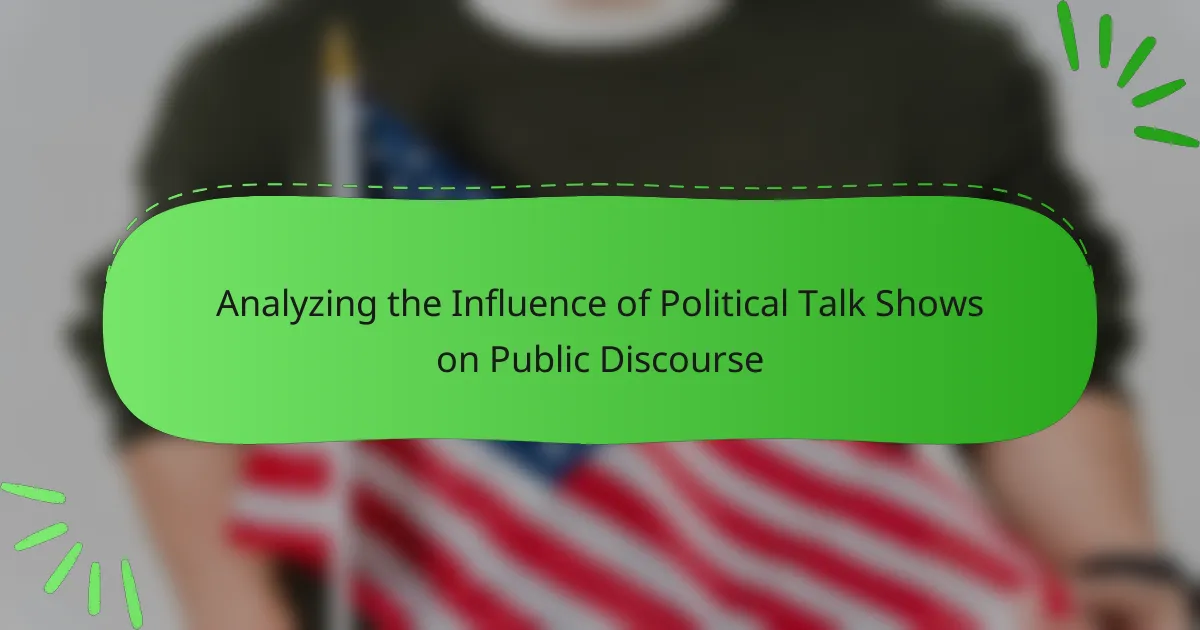Political talk shows are a significant entity in shaping public discourse by providing platforms for discussion on current events and political issues. These shows influence public opinion through specific framing of topics, promoting political engagement and reinforcing existing beliefs among viewers. They utilize strategies such as interactive segments, provocative topics, and dynamic conversations to enhance […]
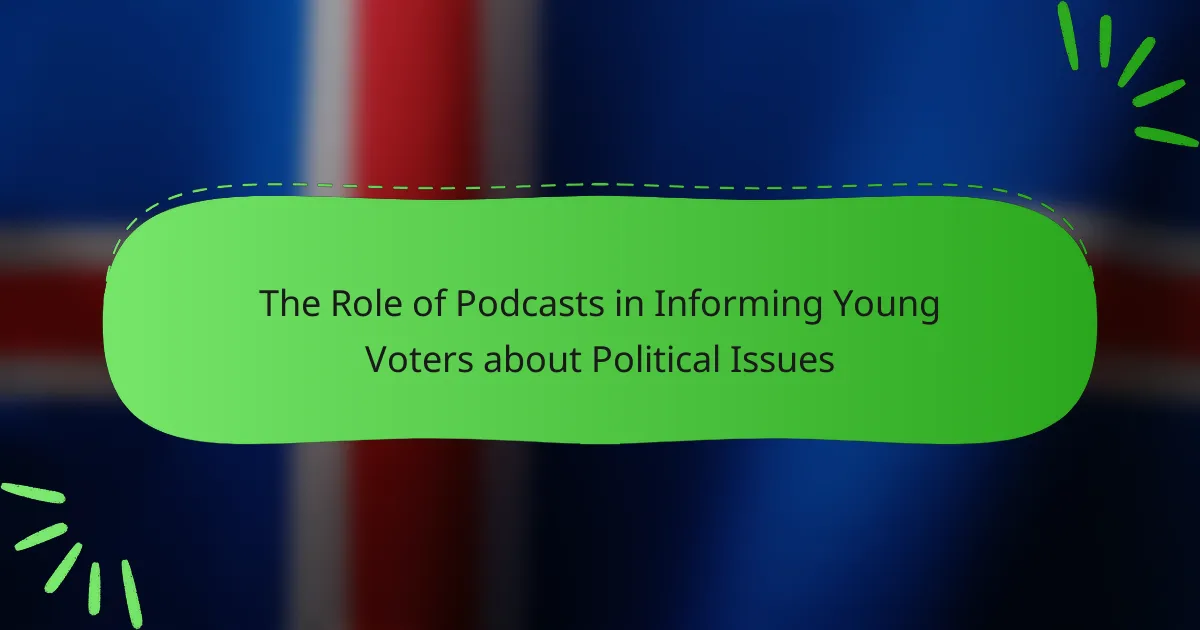
The Role of Podcasts in Informing Young Voters about Political Issues
Podcasts are audio programs that play a significant role in informing young voters about political issues. They provide accessible and engaging content that resonates with younger audiences, who often prefer audio formats over traditional media. Research shows that 64% of young podcast listeners feel more informed about politics after consuming this content. Podcasts facilitate in-depth […]
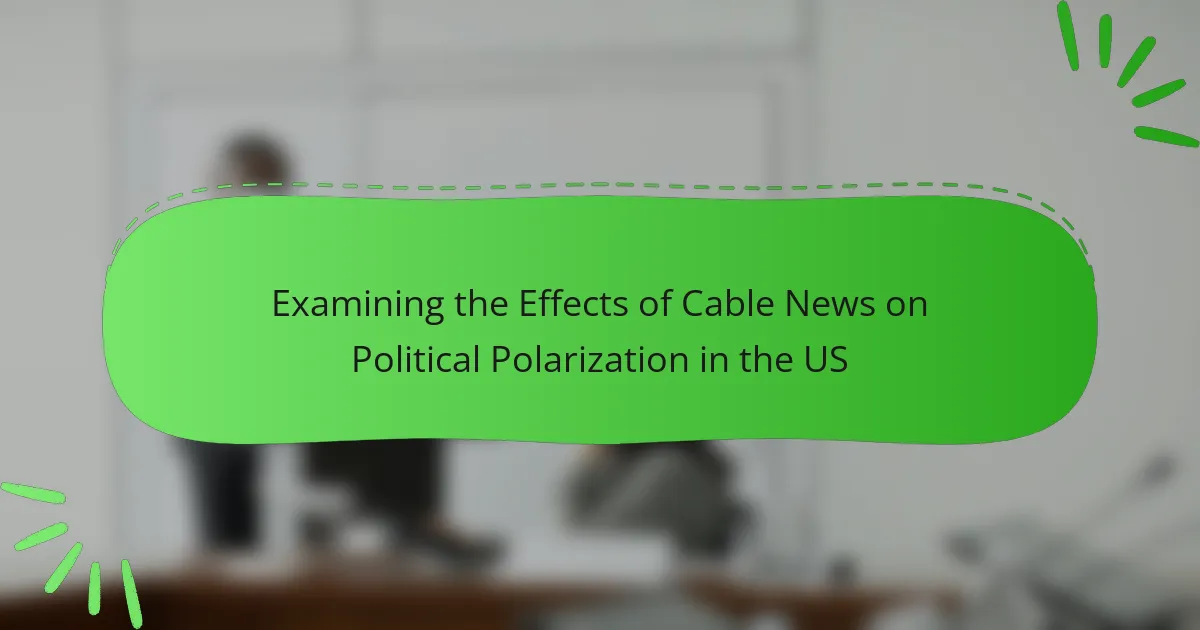
Examining the Effects of Cable News on Political Polarization in the US
Cable news plays a significant role in contributing to political polarization in the United States. It often presents biased narratives that reinforce viewers’ existing beliefs and preferences, leading to selective exposure to channels that align with their political views. This selective viewing creates echo chambers, intensifying divisions among the audience. Research, including studies from the […]

The Influence of Celebrity Endorsements on Political Campaigns in the US
Celebrity endorsements play a crucial role in shaping political campaigns in the United States by enhancing candidate visibility and appealing to younger voters. Research indicates that these endorsements can sway public opinion, increase voter turnout, and boost campaign donations. Key attributes of celebrity endorsements include visibility, credibility, and emotional connection, which together help frame a […]
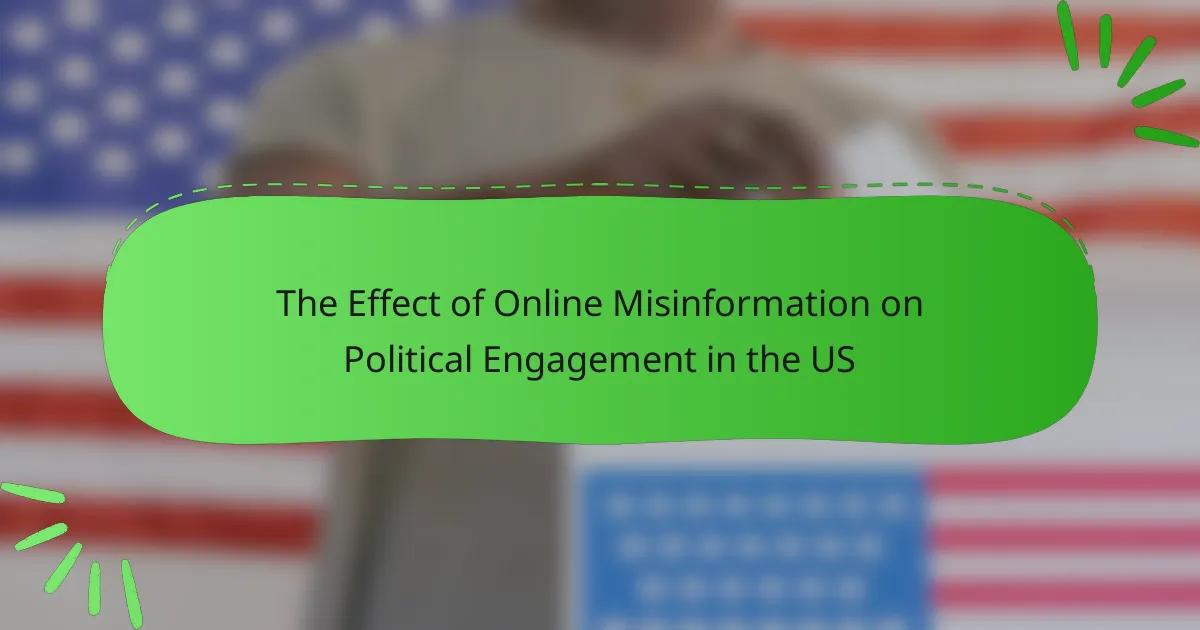
The Effect of Online Misinformation on Political Engagement in the US
Online misinformation significantly affects political engagement in the United States, leading to increased polarization and distorted perceptions of political issues. Research from the Pew Research Center indicates that a majority of Americans believe misinformation influences their political views, resulting in decreased trust in traditional media and lower voter turnout. The article explores the mechanisms by […]
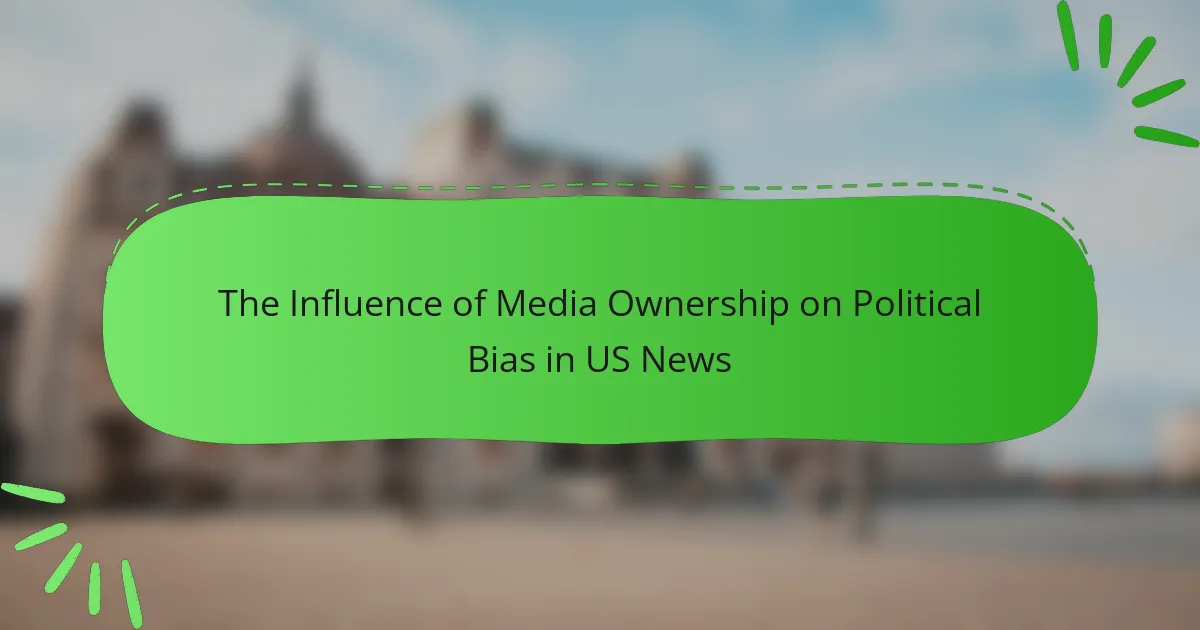
The Influence of Media Ownership on Political Bias in US News
Media ownership is a critical factor influencing political bias in US news. Concentrated ownership among major media conglomerates often results in homogenous viewpoints and selective coverage that aligns with the owners’ interests. Research indicates that news outlets owned by large corporations tend to reflect the political stances of their owners, limiting the diversity of perspectives […]
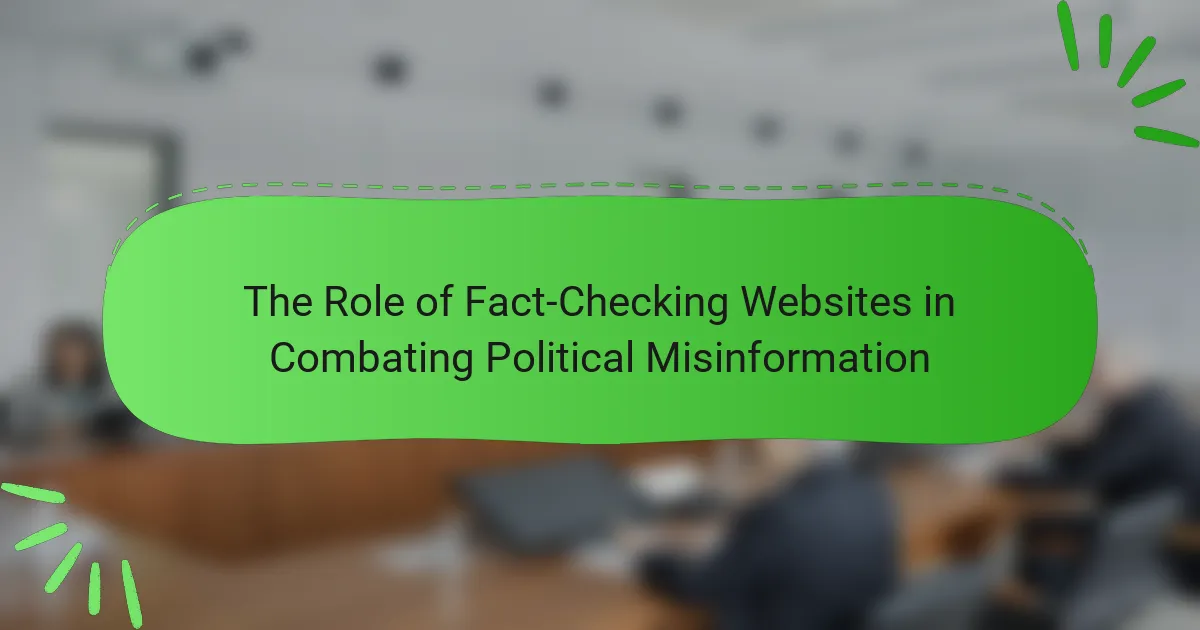
The Role of Fact-Checking Websites in Combating Political Misinformation
Fact-checking websites are essential tools in the fight against political misinformation, as they assess the accuracy of claims made by public figures and media outlets. These platforms provide evidence-based evaluations that help educate the public and hold politicians accountable. Research shows that fact-checking can significantly reduce the dissemination of false information, with a Pew Research […]
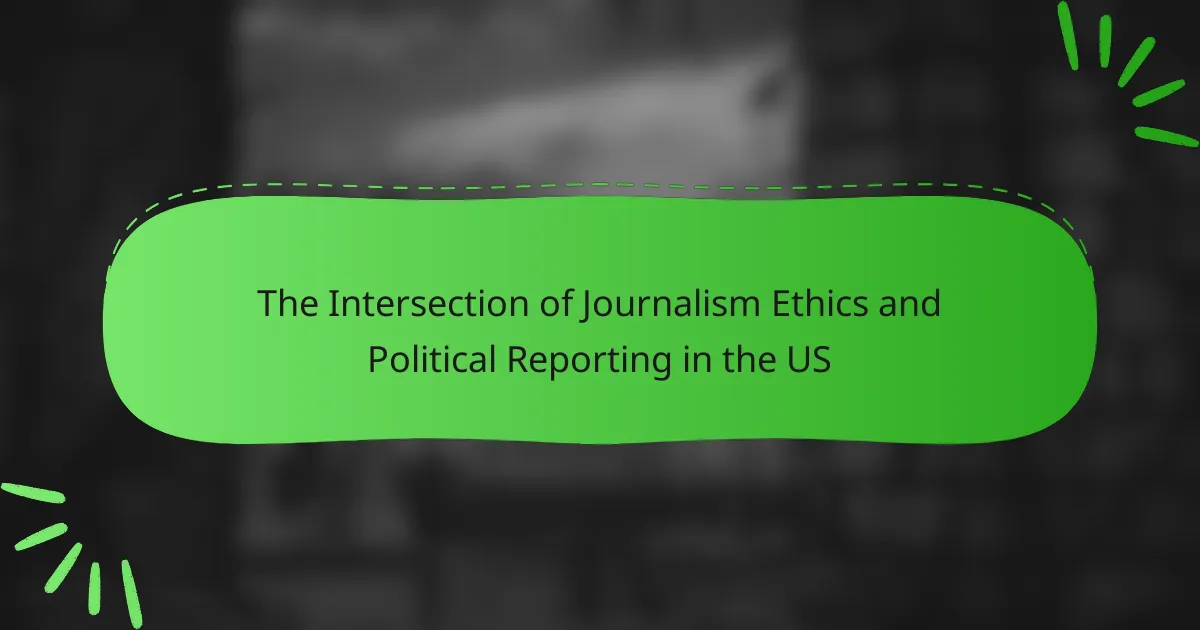
The Intersection of Journalism Ethics and Political Reporting in the US
The article examines the intersection of journalism ethics and political reporting in the United States, focusing on fundamental principles such as truthfulness, accuracy, fairness, and accountability. It highlights the challenges journalists face, including pressure to maintain objectivity, rapid news cycles, limited access to reliable sources, threats to safety, and the prevalence of misinformation. Additionally, the […]
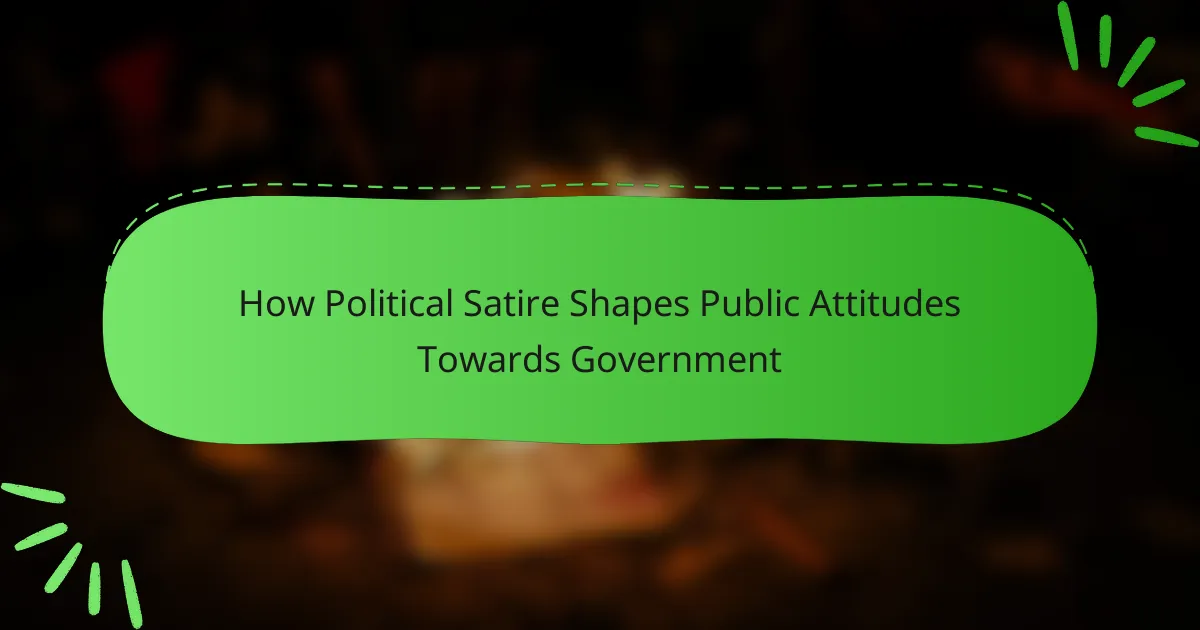
How Political Satire Shapes Public Attitudes Towards Government
Political satire is a form of humor that critiques government actions and figures, significantly impacting public perceptions and engagement with political issues. It simplifies complex topics, making them more accessible, which can lead to increased political discussion and awareness among audiences. Research indicates that exposure to political satire can enhance political knowledge, particularly among younger […]
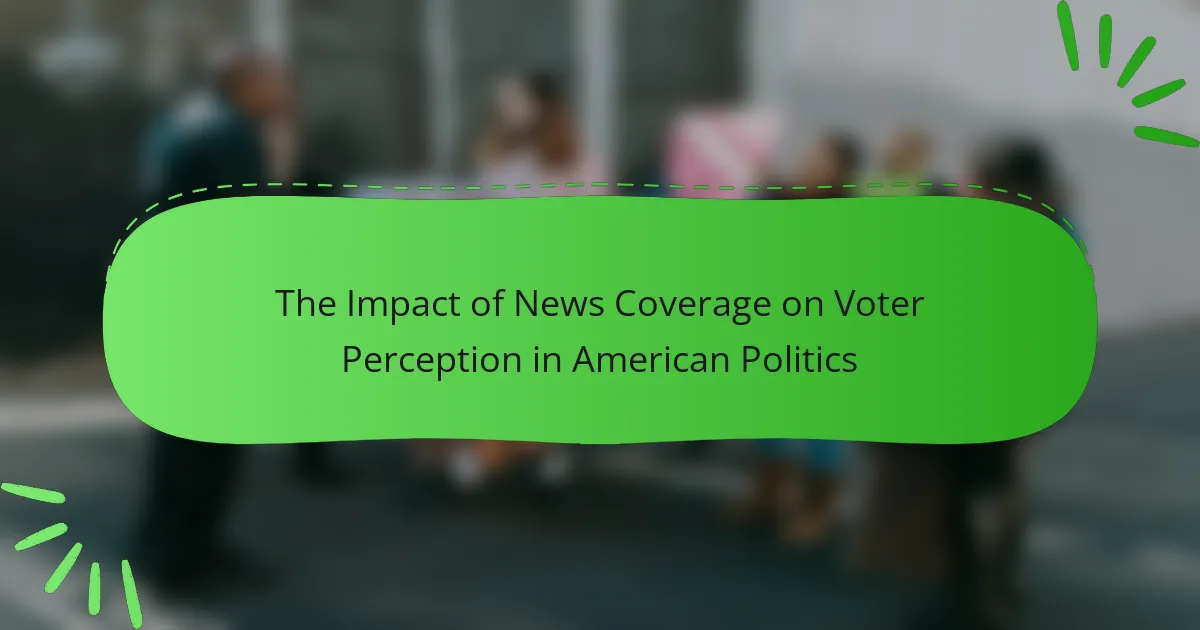
The Impact of News Coverage on Voter Perception in American Politics
News coverage is a significant factor influencing voter perception in American politics. It shapes public opinion by framing issues and candidates, with research indicating that 62% of Americans believe their political views are affected by the way news is presented. The presentation of news can create biases that impact perceptions of candidates’ competence and integrity. […]
